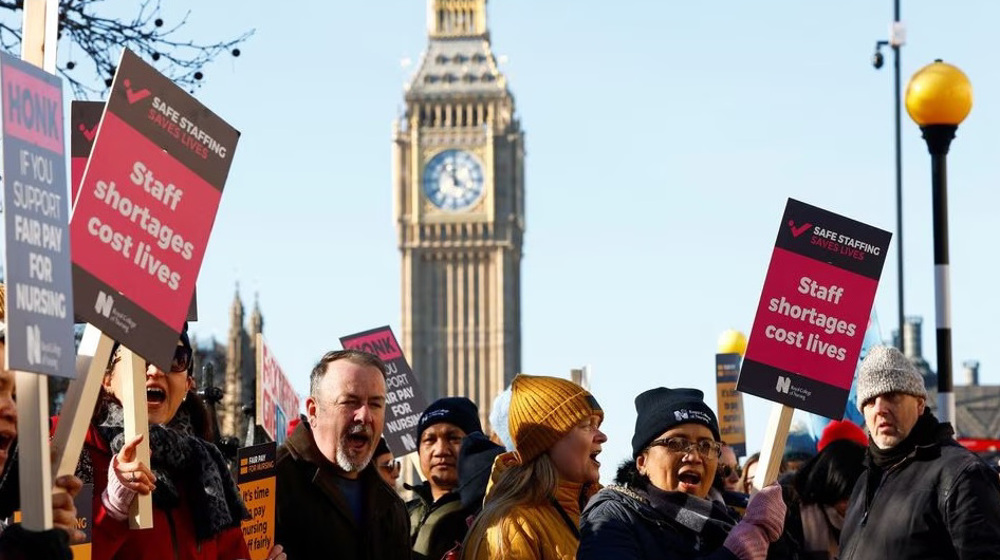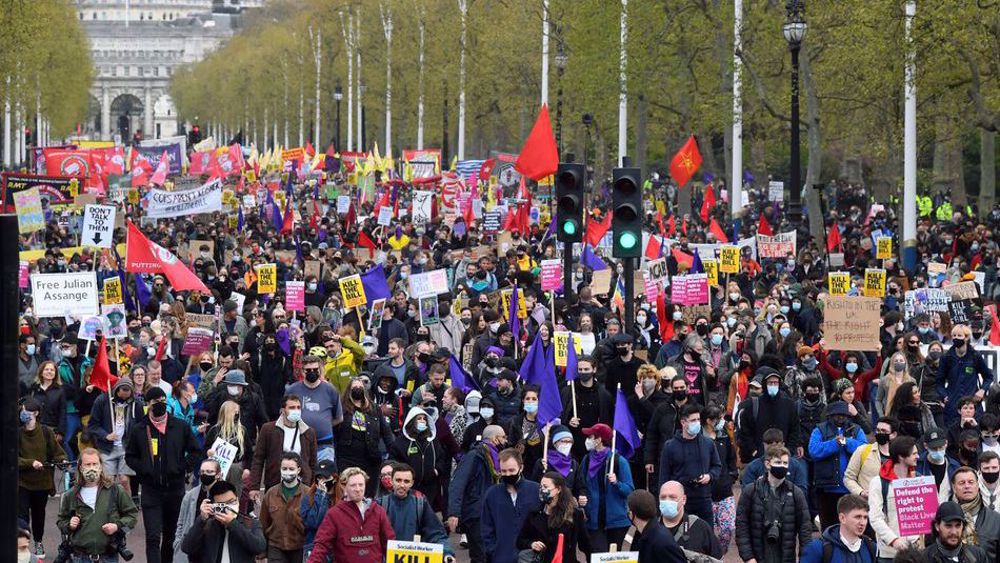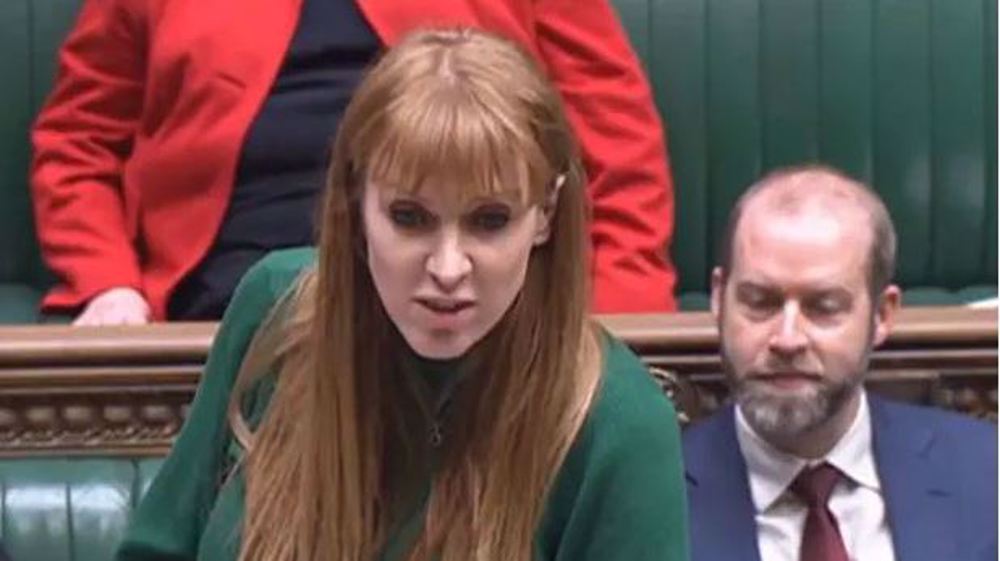UK government's anti-strike bill discriminates against women, rights groups say
Women’s rights groups in the UK have warned against the government’s anti-strike bill, which is designed to enforce minimum service levels, saying the restrictions will discriminate against women’s rights.
In a letter to the equalities minister Kemi Badenoch on Monday, a coalition of four rights campaign groups as well as the Trades Union Congress (TUC) slammed the government’s new plan and said that public services with a predominantly female workforce would have their rights and civil liberties trashed by the bill.
The bill would give the business secretary the power to make regulations over minimum service levels, and staff will lose employment protections or could be sacked if they breach these service levels.
The letter is signed by the Fawcett Society, the Equality Trust, the Women’s Budget Group, PTS, and the TUC.
“This draconian legislation will mean that when workers democratically and lawfully vote to strike across a range of sectors – including health and education which have a predominantly female workforce – they can be forced to work and sacked if they don’t comply,” the letter said.
The rights groups say that the services across the country will be seriously affected as the teaching workforce is 75 percent women, while 89 percent of support staff are female workers. In the NHS, 77 percent of the workforce are women and 82 percent are women in social care.
“In an already-challenging labor market rife with discrimination, the last thing working women need is to be threatened with the sack for exercising their democratic right to strike and for trying to defend their pay and working conditions – especially in a cost of living crisis,” the letter added.
“If passed, this bill will have a silencing effect on women who are already outnumbered by men 2:1 in positions of power.” said Jemima Olchawski, chief executive of the Fawcett Society, adding that “women, especially women of color, are at the sharp end of the cost of living crisis – workplaces must work for women and the starting point for this must be decent pay and working conditions.”
The TUC’s general secretary, Paul Nowak, also laid his opposition against the government’s controversial plan and said: “No one should face discrimination at work because of their gender. But too many women are treated unfairly by their employers because they are pregnant. Too many are pushed out of work because they have caring responsibilities for children or elderly parents. And too many still experience sexual harassment at work.”
Earlier last month, the Labour party also warned against the plan with deputy Labour leader Angela Rayner saying that the members of the Conservative party “are burning freedoms for which we fought for centuries.”
The UK has been grappling with its biggest strike wave for decades, with airport baggage handlers, border staff, driving instructors, bus drivers, and postal workers walking off their jobs to demand higher pay, to be able to cope with the soaring inflation and worsening cost-of-living crisis.
FM: Iran open to dialogue based on respect for nation’s rights, but opposes one-sided imposition
Iran reiterates rejection of interventionist stances on its territorial integrity
US 'lethal' strikes target two vessels as Trump warns of possible war with Venezuela
VIDEO | Press TV's news headlines
VIDEO | Indian leather industry eyes Russian, African markets amid US tariffs
Lavrov urges IAEA chief to adhere to neutrality, objectivity towards Iran
7 Palestinians killed after Israel strikes Gaza school
US Navy test launches replication of Iranian drone Shahed-136












 This makes it easy to access the Press TV website
This makes it easy to access the Press TV website